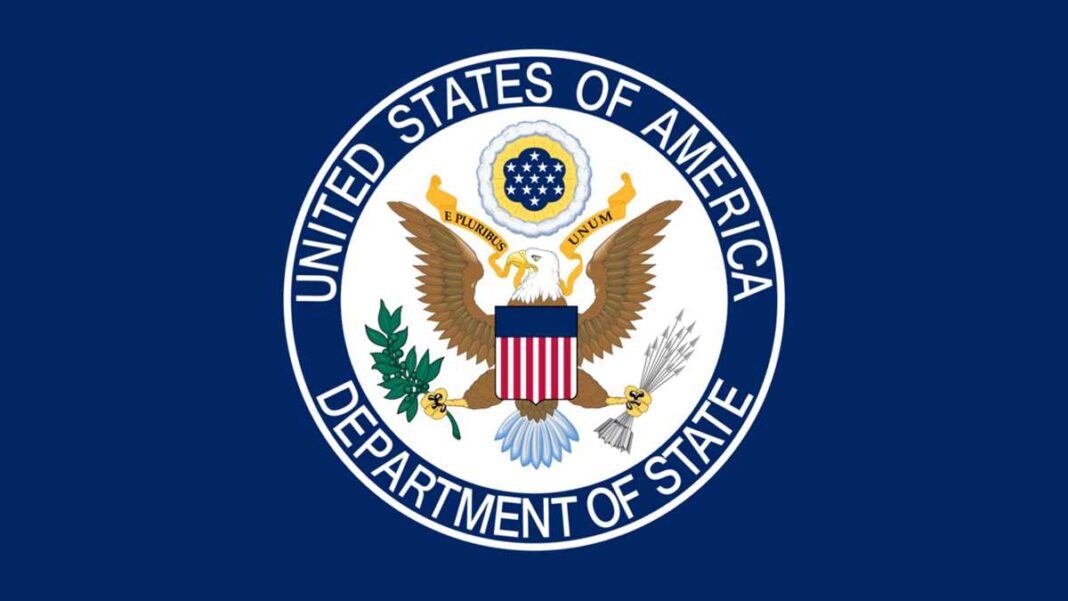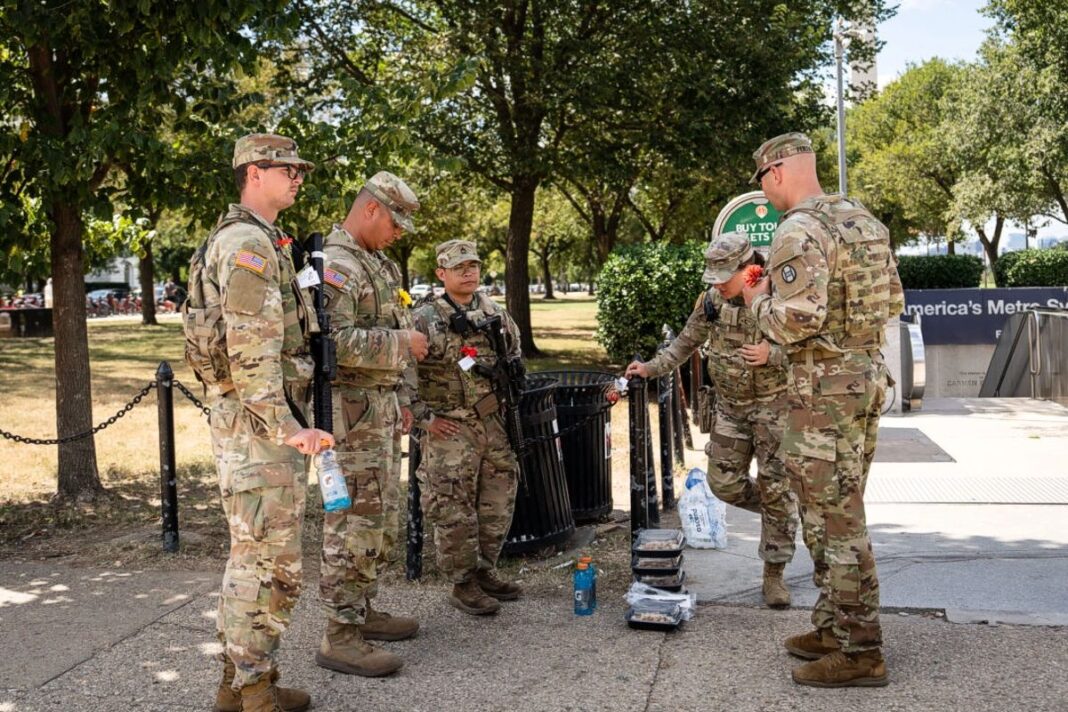The warning follows Trump’s signing an executive order to strengthen protections for U.S. citizens traveling abroad.
Americans must not travel to Afghanistan, Burma (Myanmar), North Korea, Venezuela, Iran, or Russia due to the high risk of “wrongful detention” in these nations, the State Department said in a Sept. 10 X post.
All six nations currently have the “Level 4: Do Not Travel” designation—the most severe of the four travel advisory levels under the State Department.
For Afghanistan, the risk includes not only wrongful detection, but kidnapping, according to the department’s Jan. 13 advisory.
“Multiple terrorist groups are active in Afghanistan and U.S. citizens are targets of kidnapping and hostage-taking,” the department said at the time.
The U.S. Embassy in Kabul had suspended operations in 2021, and Washington is currently unable to provide routine or emergency consular services to Americans in the country, it said.
“U.S. citizens should not travel to Afghanistan for any reason,” the advisory states.
In Burma, risks include arbitrary enforcement of local laws, the potential for civil unrest, and armed conflict, said the department’s May 12 advisory. The country is currently ruled by a military regime that deposed elected officials in a February 2021 coup.
“Wrongfully detained U.S. nationals have been held in prison for years, often in poor conditions and without fair and transparent treatment or consistent access to U.S. Embassy officials or their families,” the department said.
In Iran, Washington currently does not have consular or diplomatic relations, said a March 31 advisory.
Americans face “serious dangers” in Iran and could be detained simply for having a U.S. passport, it said.
“Iranian authorities continue to unjustly detain U.S. nationals without warning or any evidence they committed a crime. This includes dual U.S.-Iranian nationals, students, journalists, business travelers, academics, and individuals with U.S. military or government experience,” the advisory said.
Detained Americans may be subjected to psychological torture and even sentenced to death, the advisory said.
With regard to North Korea, U.S. passports cannot be used to travel to the nation unless specially validated by the secretary of state, which is only granted under limited circumstances, said the department’s April 29 advisory.
There is a risk of wrongful detention, it warned.
“The Government of the North Korea has subjected U.S. citizens to arbitrary entry and exit bans, expulsions, arrests, and other actions. The U.S. government cannot guarantee your release,” the department said.
As for Russia, its ongoing war in Ukraine poses dangers to Americans traveling to Moscow, according to a May 8 advisory issued by the State Department, highlighting a risk of harassment and wrongful detention by Russian security officials.
All U.S. consulates have suspended operations in Russia, and the U.S. embassy has limited ability to assist Americans in case they are detained by local authorities, it said.
“Russian security services have arrested U.S. citizens on false charges. They have denied them fair treatment and convicted them without credible evidence,” said the department.
In Venezuela, the U.S. Embassy had suspended operations since March 2019, said a May 12 advisory by the State Department. In addition to being wrongfully detained, Americans may also be subjected to torture while in detention, it warned.
“Security forces have detained U.S. citizens for up to five years without respect for due process,” the department said.
“According to former detainees, as well as independent human rights organizations, detainees have been subjected to torture and cruel, inhumane, or degrading treatment or punishment, including severe beatings, prolonged restraint in stress positions, and waterboarding.”








